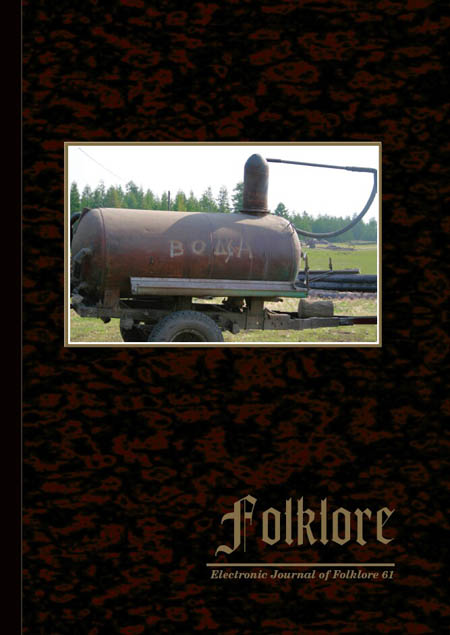Reflections and Thoughts about the Social and Cultural Role of Alcohol
Reflections and Thoughts about the Social and Cultural Role of Alcohol
Author(s): Aimar Ventsel, Natalia StruchkovaSubject(s): Customs / Folklore
Published by: Eesti Kirjandusmuuseum
Summary/Abstract: For Westerners Eastern Europe / Russia / Soviet Union have always been associated with spontaneous, enormous, and exotic alcohol consumption. However, at a closer look, controversies surrounding alcohol consumption in Western societies are not dissimilar. Let us take, for example, the (former) Soviet Union. The drinking of alcohol in the Soviet Union was seen as deviant (Dragadze 1994). However, people in the Soviet Union drank heavily, even in Islamic republics (Smith 1976). When ‘Russian drinking’ was considered the ‘bad drinking’, then Georgians from Caucasia accorded the term ‘good drinking’, doing it in a controlled way, combining it with ritualistic toasting (Dragadze 1994; Scott 2012). The Bolshevik/Communist enlightenment mission in Siberia had the ambition to bring ‘culture’ or kul’tura to the ‘backward’ peoples of the region. Habeck theorises that the ‘format of culture’ helped to import European values into Soviet life. Apart from hygiene and illiteracy, the Bolsheviks were also concerned with fighting alcoholism. These values constitute the essence of kul’tura. The irony is that the Soviet state was built on and around alcohol: consuming alcohol was essential to the social life, as was the state monopoly on alcohol for the budget. All these controversies are also reflected in the historical development of the alcohol culture in the region in which we have both carried out fieldwork – the Republic of Sakha in the Russian Far East.
Journal: Folklore: Electronic Journal of Folklore
- Issue Year: 2015
- Issue No: 61
- Page Range: 177-184
- Page Count: 8

